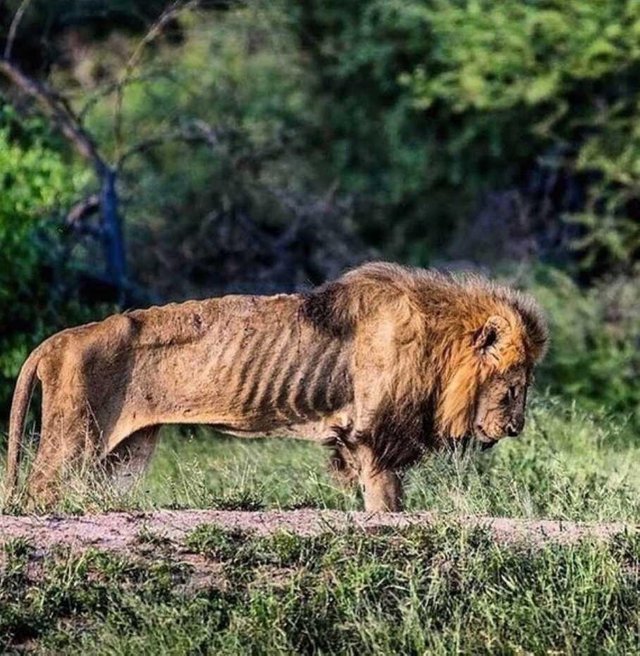Why lions lives after leaving pride?
At about two years of age male lions reach sexual maturity. Their bodies begin cranking out testosterone at a much higher rate, and they begin picking fights with Dad.
Dad does not appreciate this.
Eventually, Dad (or whoever the reigning male is) grows tired of having his authority questioned and finally decides he’s had enough. He forces the younger male(s) out of his territory, chases them away from their family and home, and just like that the young male(s) begin a journey many of them won’t survive. From this day forward a male lion has no family until he begins his own. With skill and some luck, a male lion will lead a pride just like his father before him, but the chances are slim.
But what happens in the interim? How do the rare few suddenly know how to make it by themselves when they’ve depended on family their entire lives?
Well, there are two things that either make or break a young male lion after he leaves the pride: Luck and genetics.
Luck can be as simple as not making the potentially life threatening mistake of wandering into an established male’s territory or just stumbling across easy prey.
Genetics is fairly straightforward. An animal in good health is more likely to survive. A larger, stronger, faster lion is likelier to win a fight and take down prey. A tawny male has the odds in his favor in comparison to an albino or much lighter male. And so it goes on . . .
After being initially chased away, some adolescents will hang around the pride’s territory for a while until Dad finally drives them out for good. It’s sad for us to think about — After all, it’s equivalent to a human parent kicking their middle school aged son to the curb. If the struggles of human puberty, with all its confusing hormonal ups and downs aren’t enough, imagine how adolescent animals must feel! Yeesh!
It’s not all bad though. Lion brothers and male cousins are often forced out of the pride at similar times. After being kicked out many choose to stay together. It’s not unusual for young males to form bachelor prides as also seen in other social species like elephants. The group often collects an older male, one who lost his pride due to age or poor luck. The older male acts as a mentor and patriarch of the pride. He keeps things civilized between the testosterone crazed youngin’s. With an experienced male watching over them, curbing their tempers and teaching them the basics, bachelor prides are often successful. Additionally, young males are able to strengthen essential skills they will need to make it on their own by play fighting and intimidating each other.
Young males may stay prideless for several years before they acquire a pride. When the time comes, brothers, male cousins, and even members of the same bachelor group may rule a pride together. Up to three males may live in a single pride.
Prides are started through challenging and dominating a reigning male, or sometimes, by stumbling across a lioness (or multiple) who, for whatever reason, do not have a pride or have lost their male (although this is less likely to occur). Males will rule a pride for as long as health and rivalry permits.
Male lions will ultimately be forced out of their pride by a new usually younger male(s). Some die in battle, while others may die of injuries sustained from a fight. If they are lucky, an elderly male may join a bachelor pride or even find a new pride. Most of the time male lions die prideless and of starvation and injury/illness. The life of a male lion isn’t easy.
